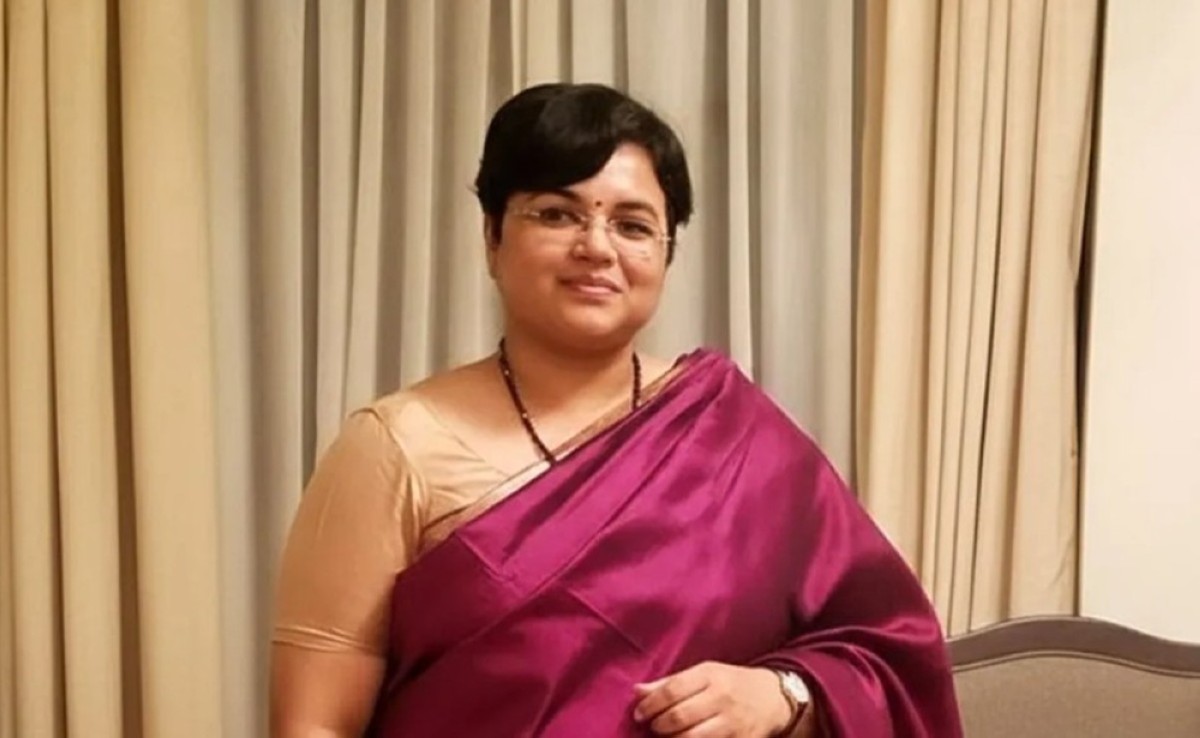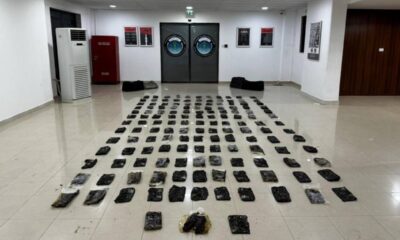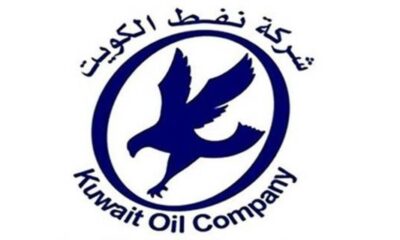By Eduardo Patricio Pena Haller, Mexican Ambassador to Kuwait
The National Holiday of Mexico is celebrated on September 16 in all parts of the world where Mexican citizens reside. In Mexico, the full month of September is considered the month of “La Patria” (motherland). Therefore, on the night of September 15, the so-called “Cry of Independence” takes place, which commemorates the beginning of the armed struggle in 1810, led by priest Miguel Hidalgo y Costilla, which allowed Mexico to become an independent country.
It is therefore very common for every Mexican household to celebrate these dates with joy and patriotism, organizing a Mexican fiesta, where family and friends taste delicious traditional dishes and enjoy traditional and modern music.
Also on September 1 of each year, the president of Mexico presents to the Federal Congress a report on the progress made by his government during the year. It is important to stress that for the first time in the history of Mexico, a woman, Dr Claudia Scheinbaum, handed in her government report as President of Mexico.
As for the bilateral sphere, the president noted in her report that in the face of the new tariff reality in the world, Mexico has managed to maintain the lowest average level of tariffs globally. She also pointed out that new strategies have been implemented to diversify the markets of Mexican exports. Hence, a memorandum of understanding has been signed with Brazil and the Trade Agreement with the European Union (EU) has been updated. Also, Canadian Prime Minister Mark Carney has been invited to visit Mexico this September.
In the economic and social fields, President Scheinbaum’s report notes that foreign direct investment hit a historic high in the first half of the year, with more than $36 billion. It also highlights the advances in technological innovation achieved, including the production of a mini electric car Olínia, the design of semiconductors, weather observation and civil protection satellites, as well as the development and production of state-of-the-art drones.
With regard to security, President Sheinbaum noted that Mexico continues to face risks and threats to its national security from both outside and inside the country, but that thanks to the coordination of federal and state security authorities, a 25.8 percent reduction in manslaughter has been achieved September of last year.
She also highlighted the “historic” reduction in poverty levels in the country, as she reported that between 2018 and 2024 more than 13 million people ceased to be poor, thanks to the federal government investing nearly one trillion pesos in social programs and pensions for more than 30 million people nationwide. Now 82 percent of Mexican households receive direct budget through social welfare programs.
On hospital infrastructure, President Sheinbaum pointed out that construction of 31 hospitals was completed and another 20 were started. In terms of housing, the report highlights the start of construction of 200,000 houses for Mexican families earning between one and two minimum wages.
In education, the federal government is implementing a new baccalaureate model, in which spaces for students have been expanded. During September alone, 38,000 new places will be added. The Universidad Rosario Castellanos was also created, which already has 77,000 students.
Regarding the Kuwait-Mexico relationship it is important to note that 50 years have passed since both nations decided to establish diplomatic relations. In the year 1975, then President of Mexico Luis Echeverria Alvarez paid a four-day state visit to Kuwait, where then Amir Sheikh Sabah Al-Salim Al-Sabah hosted him. Another very significant milestone was two official visits to Mexico in 2010 carried out by the then Prime Minister of Kuwait, Sheikh Nasser Al-Mohammad Al-Ahmad Al-Jaber Al-Sabah. The visits were fundamental for Kuwait to open its embassy in Mexico in 2011, and for Mexico to establish an embassy in Kuwait in 2012. It is also important to remember that in 2016 President Enrique Peña Nieto officially visited Kuwait.
With regard to trade links between the two countries it is important to mention that they have been increasing every year. Currently Mexico exports to Kuwait cars, trucks, auto parts, industrial products, canned foods, soft drinks, avocados, chilies, green tomatillos, strawberries, raspberries, raspberries, etc.
Finally I would like to leave note of Mexico’s gratitude to His Highness Sheikh Meshal Al-Ahmad Al-Jaber Al-Sabah, Amir of the State of Kuwait, His Highness Sheikh Sabah Al-Khaled Al-Hamad Al-Sabah, the Crown Prince, His Highness Sheikh Ahmad Abdullah Al-Ahmad Al-Sabah, the Prime Minister, the Government of Kuwait and all Kuwaiti and Mexican nationals residing in this beautiful country, who day by day show us their kindness and deference.
Long live Kuwait!
Long live Mexico!


















